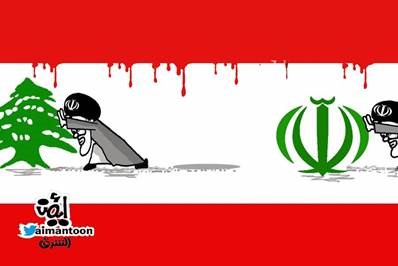
By Raghida Dergham
It is not clear whether the messages being sent out by Iran’s influential Islamic Revolutionary Guard Corps vis-a-vis Lebanon are the outcome of Tehran’s confidence in its ability to preserve its grip on the country’s politics – through its proxy Hezbollah – or whether they stem from panic over its inability to escape accountability. What is terrifyingly astonishing, however, is not just the Iranian leaders’ decision this week to use the fatal explosions in the Port of Beirut more than 10 days ago to try and increase their influence, but also the fact that they do not view Hezbollah’s alleged stocking of dangerous munitions at the port to be a problem at all.
Other regional powers, meanwhile, are observing the economic and political crisis unfolding in Lebanon either with a sense of helplessness or with seemingly little care for the plight of its people.
The Trump administration remains preoccupied with the US presidential election in November. It unsuccessfully expended some of its political capital in the UN Security Council to try and prevent Iran from freeing itself of an international arms embargo. And even though the US Under Secretary of State for Political Affairs David Hale did visit Beirut earlier in the week, it has to be said that Lebanon is not really top of America’s list of foreign policy priorities.
For its part, Russia is allied to Iranian interests in Syria (militarily) and in Lebanon (politically), while China’s interests in the region are narrow. France is trying to play a positive role but it is up against Iranian and Turkish efforts to prevent Paris from coming away with any tangible wins.
The international community is, no doubt, shedding tears for Lebanon and sending it aid. However, even though America’s Federal Bureau of Investigation has offered assistance to the Lebanese government to investigate the blasts, few are pushing Beirut to allow for an international probe. And no one is trying to hold accountable President Michel Aoun, who has rejected an international inquiry and, worse, admitted that he knew that ammonium nitrate – the source of the blasts – was stored at the port.
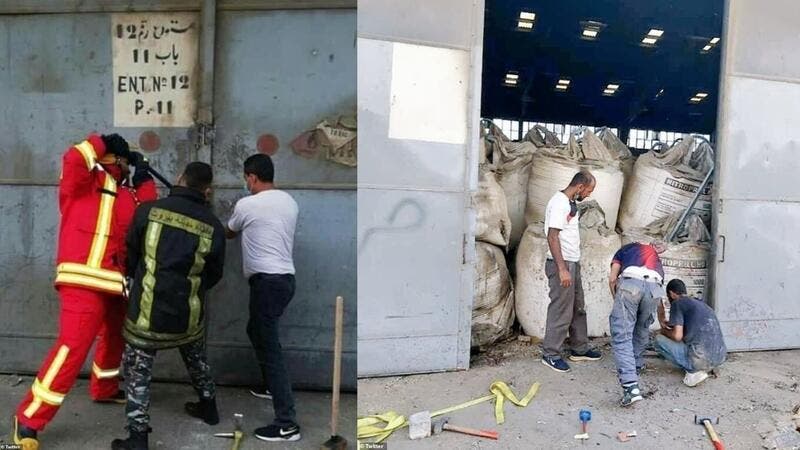
It is just as baffling that little attention is being paid to the maze of tunnels running under the Lebanese capital – designed for Hezbollah to store munitions and explosives supplied by Iran. Even if the US had been able to extend the UN arms embargo on the regime, the fact of the matter is Tehran is using Lebanon as a base to manufacture and smuggle illegal weapons.
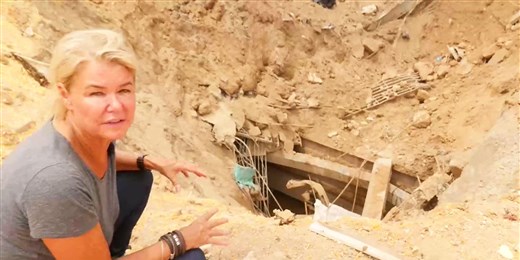
I am given to understand that one of Tehran’s strategies to preserve its influence in Lebanon is to prepare for the likelihood of early parliamentary elections. Hezbollah, a military outfit that doubles up as a political party, will benefit from both Tehran’s financing as well as a lack of unity among opposition forces, which have so far been unable to rally together anti-government protesters out on the streets for months. Hezbollah will present itself as the sole guarantor of the country’s stability, independence and sovereignty. It will portray itself as the only entity that can truly save Lebanon.
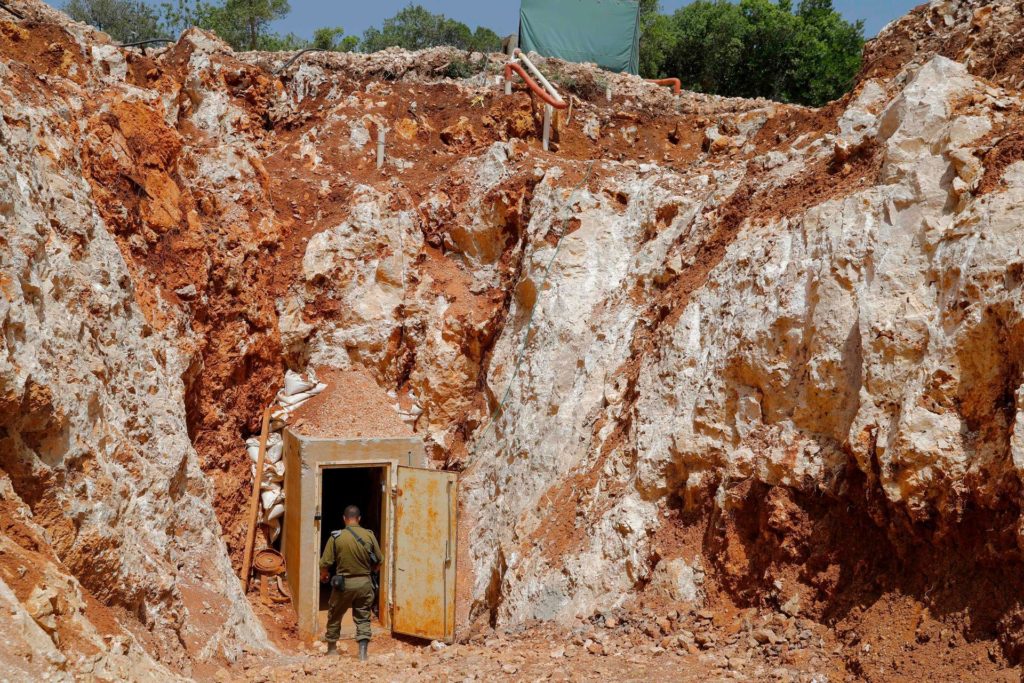
I am told that Iran will continue to back the presidency of Mr Aoun, a Christian leader, because this suits their interests. It will also make a push towards limiting the political influence of the non-partisan Lebanese Armed Forces, currently entrusted with emergency powers in Beirut.
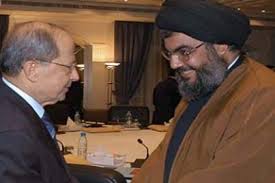
One question is how Iran views recent overtures made by the French President Macron to rescue crisis-hit Lebanon. The short answer is: not with great concern. The reason for that is its conviction that Mr Macron has little ability to follow through with his calls for much-needed reformation of a political system that has all but bled the country dry economically.
Tehran is also unlikely to worry too much about any influence Israel may have in Lebanon – so long as it makes sure that Hezbollah does not harass the Netanyahu government through its provocations on the Lebanon-Israel border.
At this stage, the geopolitical landscape of West Asia appears as follows: Israel continues to occupy the Palestinian territories, even though it has held off plans to annex them after signing a peace accord with the UAE; Russia has its interests firmly established in Syria; and now Iran is in the process of gobbling up Lebanon.
There is little doubt that the country finds itself at a dangerous crossroads, stuck between the folds of ruthless international deal-making. Beirut’s political class has treasonously traded away its national security and ordinary Lebanese have suffered for it. Even though many of them believe that the Beirut blasts will help change the status quo for the better, the devastation may actually accelerate an exodus of the country’s youth. Their hope for a normal future, already beset by the country’s economic malaise, has been shattered.
And yet, there is room for optimism.
It is worth asking: what if the Iranian regime’s strategy in Lebanon is really the result of panic in Tehran? What if its goals can indeed be foiled? Maybe it feels it has been cornered this time. It may, therefore, be necessary for ordinary Lebanese to hold accountable the Iranians and all the other entities – both internal and external. These parties may yet be exposed with the help of a patient, coherent strategy.
It is the only way Lebanon can preserved for the Lebanese, and not for those bent on exploiting it.
Raghida Dergham is the founder and executive chairwoman of the Beirut Institute
THE NATIONAL

Leave a Reply
You must be logged in to post a comment.